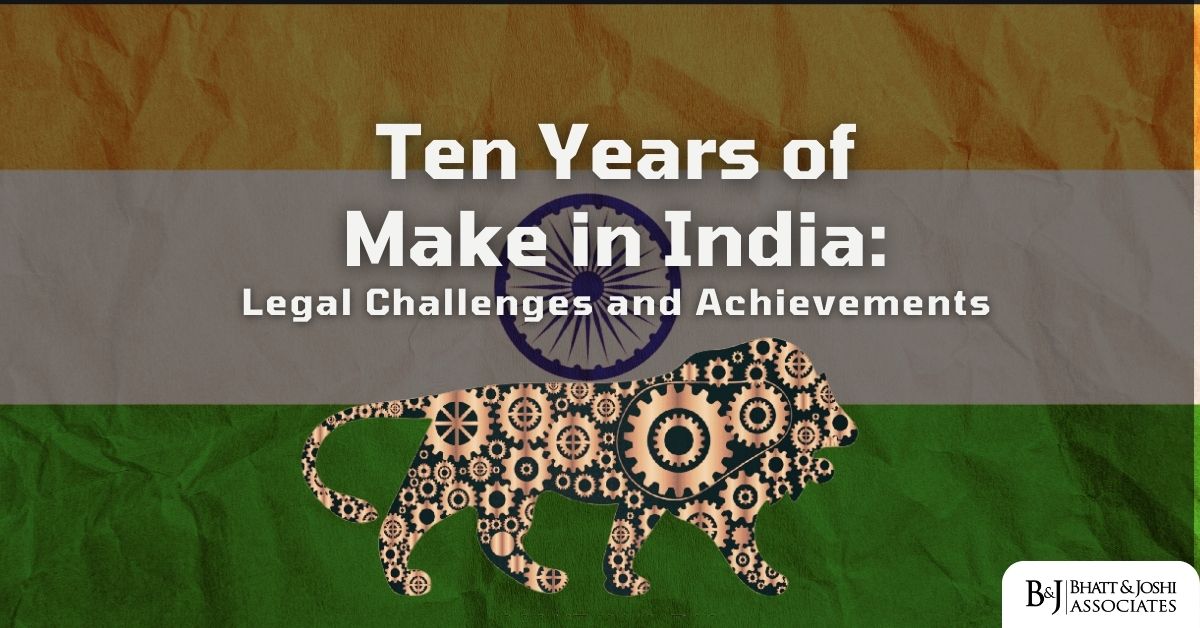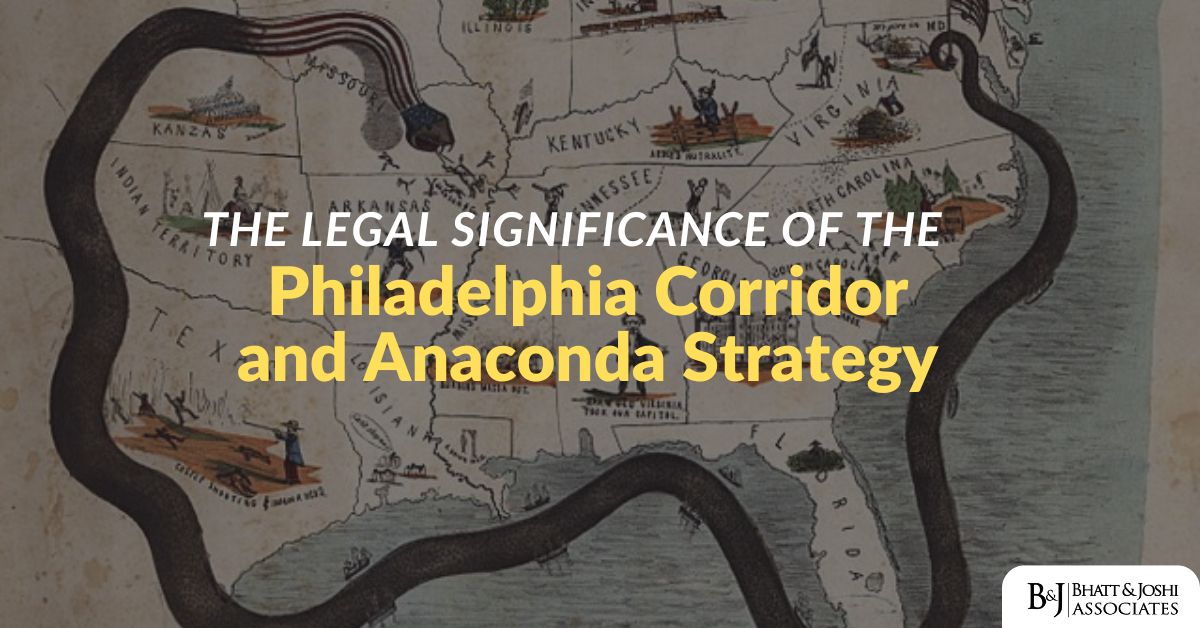A summary of the case law and its implications for income tax assessments

Introduction
The Income Tax Appellate Tribunal (ITAT) Delhi recently delivered a judgment in the case of Gloria Eugenia Rynjah Banerji Vs ITO, where it upheld the addition made by the Assessing Officer (AO) under section 68 of the Income Tax Act, 1961, despite the fact that the AO had mentioned the wrong section in his order. The ITAT held that the addition could not be deleted merely on a technical ground and that the peculiar facts of the case did not warrant any relief to the assessee.
Facts under 68 section
The assessee, Gloria Eugenia Rynjah Banerji, had filed her return of income for the assessment year 2007-08, declaring an income of Rs. 1,67,000. The AO had noticed that the assessee had deposited cash of Rs. 49,000 each time in her bank account on several occasions during the year, amounting to Rs. 20,02,801. The AO had asked the assessee to explain the source and nature of these deposits.
The assessee had claimed that these deposits were out of sale proceeds of land situated in Meghalaya, which she had inherited from her father. She had produced a will dated 01.01.2007, purportedly executed by her father in her favour. However, the AO had found several discrepancies and defects in the will and had doubted its genuineness. The AO had also found that the assessee did not have any evidence to prove the sale of land or the receipt of sale consideration.
The AO had therefore made an addition of Rs. 20,02,801 under section 68 of the Income Tax Act, treating the deposits as unexplained cash credits. The assessee had challenged this addition before the CIT (A), who had deleted the same on the ground that section 68 was not applicable as the assessee did not maintain any books of account and that the AO should have invoked section 69 instead.
The revenue had appealed against this order before the ITAT, which had remanded the matter back to the AO for fresh assessment. In the second round of assessment, the assessee had produced another will dated 31.12.2006, which was different from the earlier one. The AO had again rejected the claim of the assessee and made an addition of Rs. 20,02,801 under section 68.
The assessee had again appealed before the CIT (A), who had confirmed the addition made by the AO. The assessee had then filed a second appeal before the ITAT.
Issue under 68 section
The main issue before the ITAT was whether the addition made by the AO under section 68 could be deleted merely on a technical ground that he had mentioned section 68 instead of section 69 in his order.
Legal Provisions
The relevant legal provisions for this issue are:
- Section 68 of the Income Tax Act, which provides that where any sum is found credited in the books of an assessee maintained for any previous year, and he offers no explanation about its nature and source or his explanation is not satisfactory in the opinion of the AO, such sum may be charged to income tax as his income for that year.
- Section 69 of the Income Tax Act, which provides that where an assessee is found to be owner of any money, bullion, jewellery or other valuable article and he offers no explanation about its nature and source or his explanation is not satisfactory in the opinion of the AO, such money or value thereof may be charged to income tax as his income for that year.
Analysis of section 68 and 69
The ITAT analysed the case law on this issue and observed that:
- The Supreme Court in Sumati Dayal Vs CIT held that in cases where there are conflicting evidences or evidences are not conclusive or evidences are such which do not appeal to human probabilities or there is no evidence at all with regard to any particular fact situation then in all such cases though there may not be legal evidence but certainly there is evidence on material on record which has to be considered by court or tribunal while arriving at conclusion.
- The Supreme Court in CIT Vs Durga Prasad More held that it is true that an apparent must be considered real until it is shown that there are reasons to believe that apparent is not real and that taxing authorities are entitled to look into surrounding circumstances to find out reality and relation between parties.
- The Delhi High Court in CIT Vs N.R. Portfolio Pvt Ltd held that it is well settled law that mere mention of wrong provision does not invalidate assessment order if it can be justified under another provision.
- The Delhi High Court in CIT Vs Nova Promoters & Finlease Pvt Ltd held that it is equally well settled law that mere mention of wrong provision does not invalidate assessment order if it can be justified under another provision.
Based on these precedents, the ITAT held that the addition made by the AO under section 68 could not be deleted merely on a technical ground that he had mentioned section 68 instead of section 69 in his order. The ITAT further held that the facts of the case were peculiar and did not warrant any relief to the assessee. The ITAT noted that:
- The assessee had produced two different wills in two rounds of assessment, which raised serious doubts about their genuineness and authenticity.
- The assessee had not furnished any evidence to prove the sale of land or the receipt of sale consideration, except a self-made chart.
- The assessee had deposited cash of Rs. 49,000 each time in her bank account, which was an unusual and suspicious pattern.
- The assessee had not explained why she had deposited cash in amounts less than Rs. 50,000, which was apparently done to avoid detection by the income tax authorities.
Conclusion
The ITAT concluded that there was no merit in the appeal of the assessee and that the AO had rightly made the addition under section 68. The ITAT also imposed a cost of Rs. 10,000 on the assessee for filing a frivolous appeal.
You can read more about this case here 1.













